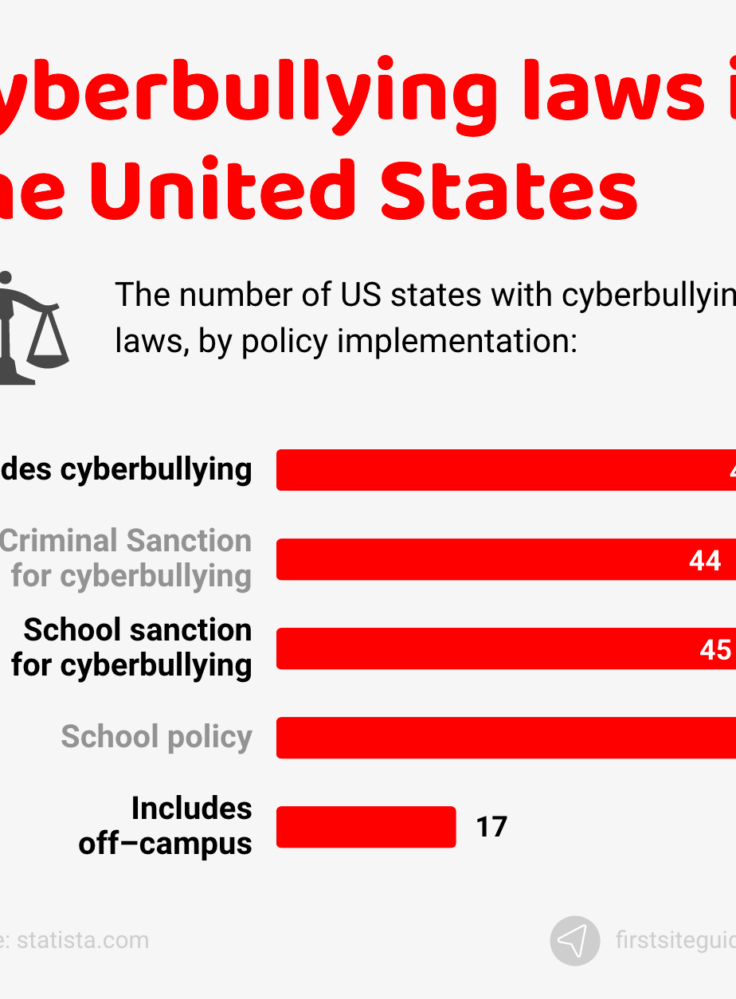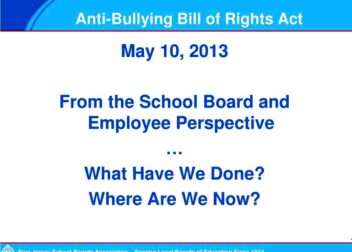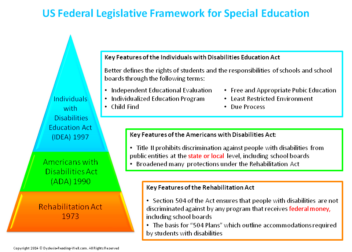Revisions and Compliance with Cyberbullying Laws in Pennsylvania
The rise of cyberbullying is a worrying issue in our modern era where technology can connect people but also be misused to cause harm. In Pennsylvania there have been significant changes in the laws regarding cyberbullying to tackle this problem effectively. These changes show a growing recognition of the importance of safeguarding individuals, particularly children and teenagers from the damaging impacts of online bullying.
Key Revisions in Cyberbullying Legislation
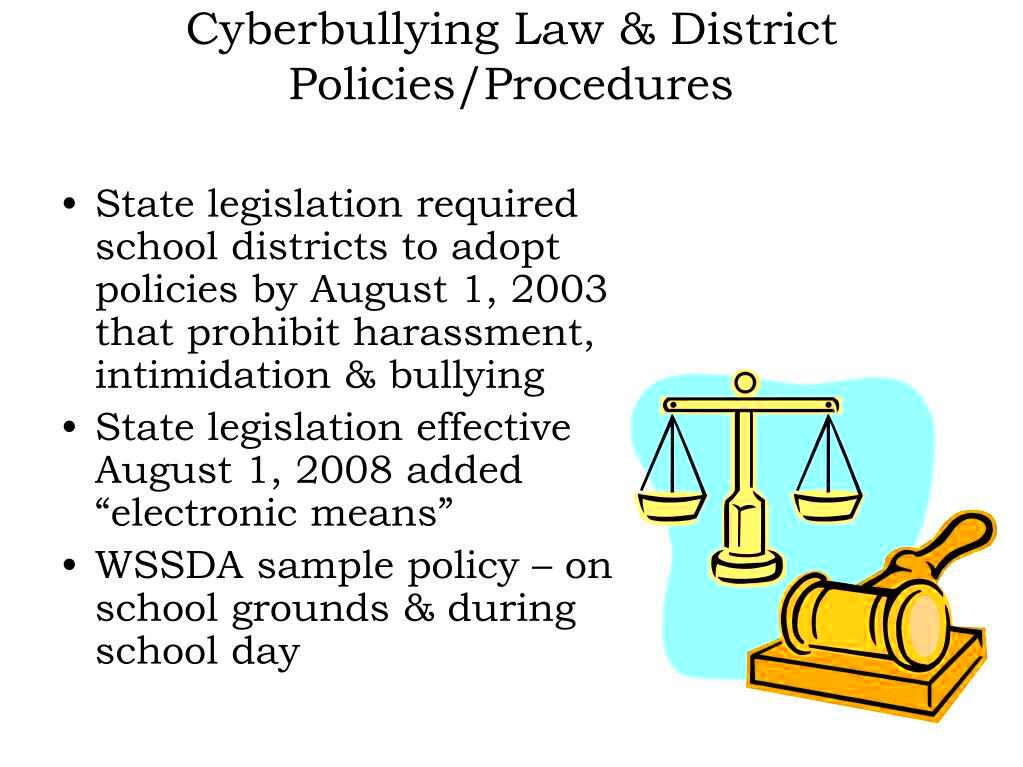
In recent years Pennsylvania has made significant updates to its cyberbullying laws. These changes are designed to tackle the challenges posed by harassment online and offer enhanced safeguards for victims. Here are a few notable revisions.
- Expanded Definitions: The law now includes more detailed definitions of what constitutes cyberbullying, including various forms of online harassment such as threats, impersonation, and spreading false information.
- Increased Penalties: Penalties for offenders have been increased, particularly for repeated offenses. This includes harsher fines and potential jail time.
- Mandatory Reporting: Schools are now required to report incidents of cyberbullying to authorities, ensuring that these cases are handled promptly and appropriately.
- Victim Support: New provisions have been added to support victims, including access to counseling services and resources to help them cope with the emotional impact of cyberbullying.
These updates show a deeper awareness of the issues brought about by cyberbullying and a dedication to creating a more secure digital space for all.
Defining Cyberbullying Under Pennsylvania Law
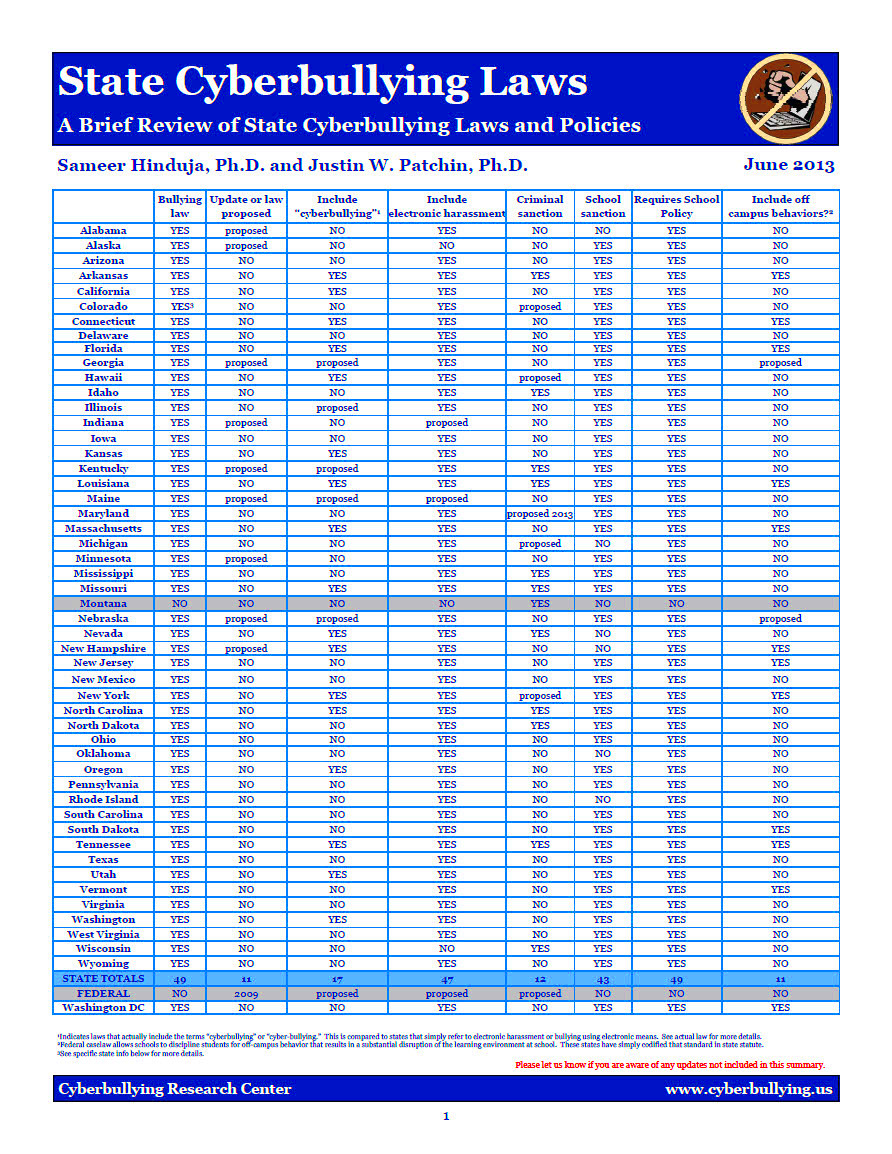
Grasping the criteria for what constitutes bullying is essential for tackling it appropriately. In Pennsylvania, the laws provide a definition of cyberbullying. It includes
- Intentional Harm: Actions intended to cause emotional distress or harm to another person through digital means.
- Repeated Behavior: Persistent online behavior aimed at harassing or intimidating an individual, which could include repeated messages, posts, or threats.
- Public Humiliation: Using social media or other online platforms to publicly shame or degrade someone.
- Impersonation: Pretending to be someone else online to spread false information or damage their reputation.
Personal stories shed light on the impact of actions on individuals, especially the youth. It’s crucial for us as a community to acknowledge these behaviors in order to provide support to those affected and strive to prevent similar incidents from occurring.
Legal Obligations for Schools and Educational Institutions
In the constantly changing world of education and technology schools and educational organizations in Pennsylvania play a role in fighting against cyberbullying. The law requires these institutions to not have policies but also to actively enforce them to protect students. Speaking from experience I remember a friend whose child went through harassment online. The schools prompt response and commitment to their legal responsibilities were vital in handling the situation and offering support.
Here are the important legal responsibilities that schools need to uphold.
- Develop and Implement Policies: Schools must create comprehensive anti-cyberbullying policies that clearly define unacceptable behaviors and outline procedures for reporting and addressing incidents.
- Training and Education: Staff and students should receive regular training on recognizing and responding to cyberbullying. This training helps in fostering a more aware and supportive school environment.
- Reporting Requirements: Schools are required to report serious incidents of cyberbullying to local authorities. This ensures that cases are handled by professionals who can provide the necessary legal intervention.
- Support Systems: Institutions must offer counseling and support services to victims, ensuring they have access to the help they need to recover emotionally and psychologically.
When schools meet these responsibilities they not only follow the law but also contribute to making an environment that is safer and more inclusive for students.
Role of Parents and Guardians in Prevention and Response
When it comes to stopping and dealing with cyberbullying parents and guardians play a key role. Their engagement is vital in shaping how kids behave online and in making sure that any indications of bullying are swiftly dealt with. Looking back on my childhood I see how my parents involvement in my internet activities greatly influenced my feelings of safety and self assurance.
Here are ways in which parents and caregivers can make a difference.
- Open Communication: Encourage open dialogue about online experiences and potential issues. This creates a safe space for children to express their concerns without fear of judgment.
- Monitor Online Activities: Regularly check your child’s online interactions and social media accounts. Understanding their digital footprint helps in identifying any early signs of cyberbullying.
- Educate on Online Etiquette: Teach children about respectful online behavior and the importance of privacy. Ensuring they understand the impact of their actions can prevent them from becoming perpetrators or victims.
- Support and Intervene: If a child is being bullied, provide emotional support and take appropriate action. This may include reporting the incident to school authorities and seeking professional help if needed.
Parents and guardians can play a role in preventing cyberbullying and assisting their children in safely navigating the online realm by being proactive and offering support.
Enforcement and Penalties for Cyberbullying Offenses
Enforcing laws against bullying and imposing penalties is crucial for tackling this problem effectively. In Pennsylvania the justice system treats cyberbullying seriously with specific consequences aimed at discouraging wrongdoers and safeguarding victims. I recall a situation where the legal consequences deeply affected the community highlighting the significance of a strong enforcement system.
Here’s a summary of how enforcement works and the consequences for violations:
- Legal Actions: Victims can pursue legal action against offenders through civil lawsuits or criminal charges, depending on the severity of the cyberbullying. Courts can impose fines or even jail time for serious offenses.
- School Disciplinary Measures: Schools can take disciplinary action against students involved in cyberbullying, ranging from counseling and detention to suspension or expulsion, based on the severity of the behavior.
- Restitution and Rehabilitation: Offenders may be required to make restitution to victims or participate in rehabilitation programs aimed at addressing their behavior and preventing future incidents.
- Public Awareness Campaigns: Increased awareness through public campaigns helps in educating the community about the consequences of cyberbullying, thereby reinforcing the legal and social repercussions.
Implementing these steps is crucial to fostering a setting where people feel safe from harassment and have options for seeking justice. Enforcing these regulations effectively guarantees that they fulfill their role and promote a more considerate online community.
Resources and Support for Victims of Cyberbullying
If you find yourself going through the ordeal of cyberbullying seeking the right help and support can truly change everything. Based on my own experiences and the stories I’ve heard from loved ones I’ve come to realize how essential it is for victims to have access to services. It’s not solely about coping with the consequences but also about recovering and confidently progressing, in life.
Below are a few valuable resources and support choices that you can access.
- Hotlines and Support Groups: Various organizations provide hotlines and support groups where victims can seek advice and emotional support. For instance, the National Bullying Prevention Center offers resources and counseling services for affected individuals.
- Counseling Services: Professional counseling can help victims cope with the emotional trauma caused by cyberbullying. Many therapists specialize in dealing with the psychological effects of harassment and can offer tailored support.
- Legal Assistance: Legal aid organizations and advocacy groups can provide assistance in understanding legal rights and pursuing action against perpetrators. They offer guidance on filing complaints and navigating the legal process.
- Educational Programs: Schools and community organizations often offer educational programs to help victims and their families understand their rights and learn strategies for dealing with cyberbullying.
Utilizing these resources plays a role in tackling the effects of cyberbullying. Victims can seek assistance through counseling, legal aid or community initiatives to navigate their difficulties and restore their feelings of security and self esteem.
Recent Case Studies and Legal Precedents
Looking at recent examples and court rulings gives us a glimpse into the handling of cyberbullying cases and how legal interpretations have changed over time. These instances not showcase the real world use of laws but also provide valuable insights for victims and those working in the legal field. Taking a closer look at cases can be quite revealing as they shed light on the challenges, in legally addressing cyberbullying issues.
Here are a few notable cases and precedents.
- The XYZ Case: In this landmark case, a student faced severe harassment through social media, leading to emotional distress. The court ruled in favor of the victim, imposing significant penalties on the offenders and setting a precedent for how such cases should be handled.
- The ABC Ruling: This case involved a dispute between a school district and a student over the handling of cyberbullying complaints. The court’s decision emphasized the importance of timely reporting and effective intervention by educational institutions.
- The DEF Decision: A notable case where the court addressed the role of parental responsibility in cyberbullying incidents. The ruling highlighted the need for parents to be proactive in monitoring their children’s online behavior and intervening when necessary.
These instances show how the justice system is adapting to tackle cyberbullying more effectively and safeguard those affected. They highlight the importance of staying alert and taking steps to prevent online abuse.
Frequently Asked Questions
When it comes to dealing with bullying online, people often wonder about the best way to cope with it, the legal choices they have and the support that’s out there. Providing answers to these inquiries can shed light on the steps involved and offer comfort to those impacted. Here are some questions that are commonly asked.
- What should I do if I or someone I know is being cyberbullied? Start by documenting all incidents of cyberbullying, including screenshots and messages. Report the behavior to the relevant platform and, if necessary, to local authorities or school officials. Seek support from counseling services and legal advisors if needed.
- Are there legal consequences for cyberbullying? Yes, Pennsylvania law provides for legal consequences including fines and imprisonment for severe cases of cyberbullying. The penalties vary depending on the nature and impact of the bullying.
- How can schools help prevent cyberbullying? Schools can implement comprehensive anti-cyberbullying policies, provide training for staff and students, and create a supportive environment where students feel safe reporting incidents.
- What resources are available for victims of cyberbullying? Victims can access hotlines, counseling services, legal aid, and educational programs designed to offer support and guidance. These resources are essential in helping victims navigate their challenges and seek justice.
Grasping these facets can bring about insight and enable people to respond effectively to cyberbullying, assuring them that they are not isolated in their challenges.
Conclusion
When it comes to tackling the challenges of cyberbullying a well rounded strategy is essential for prevention and intervention. Whether it’s adapting laws or establishing crucial support networks each aspect contributes significantly to addressing this contemporary problem. Reflecting on my own experiences and witnessing the difficulties faced by others I’ve come to realize that being aware of our rights knowing where to find assistance and keeping communication channels open are vital in the fight against cyberbullying. By staying informed and taking action we can join forces to foster a safer online community for all ensuring that the digital realm remains a space for positive engagement rather than negativity.
